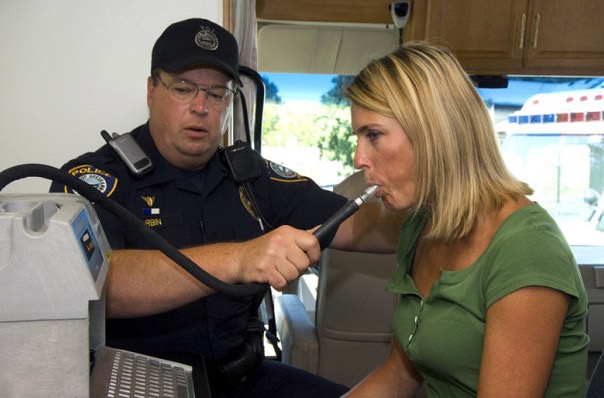The implied consent law in New Jersey says that you must comply with a breath alcohol test if suspected of driving while intoxicated. If you do not comply you shall recieve a summons in which you are presumptively guilty of DUI regardless of whether you had anything to drink, making these very difficult cases to defend.
Despite the difficulty these cases present, the Experienced NJ DUI Refusal Defense Attorneys of Avery & Avery have one of the top success rates in the State, utilizing the newest techniques and our vast trial experience to keep you out of trouble and on the road. For a free consultation, give us a call at 201-943-2445.

The following is a copy of the implied consent statute N.J.S.A. 39:4-50.2:
(a) Any person who operates a motor vehicle on any public road, street or highway or quasi-public area in this State shall be deemed to have given his consent to the taking of samples of his breath for the purpose of making chemical tests to determine the content of alcohol in his blood; provided, however, that the taking of samples is made in accordance with the provisions of this act and at the request of a police officer who has reasonable grounds to believe that such person has been operating a motor vehicle in violation of the provisions of R.S.39:4-50 or section 1 of P.L.1992, c. 189 (C.39:4-50.14).
(b) A record of the taking of any such sample, disclosing the date and time thereof, as well as the result of any chemical test, shall be made and a copy thereof, upon his request, shall be furnished or made available to the person so tested.
(c) In addition to the samples taken and tests made at the direction of a police officer hereunder, the person tested shall be permitted to have such samples taken and chemical tests of his breath, urine or blood made by a person or physician of his own selection.
(d) The police officer shall inform the person tested of his rights under subsections (b) and (c) of this section.
(e) No chemical test, as provided in this section, or specimen necessary thereto, may be made or taken forcibly and against physical resistance thereto by the defendant. The police officer shall, however, inform the person arrested of the consequences of refusing to submit to such test in accordance with section 2 of this amendatory and supplementary act.1 A standard statement, prepared by the chief administrator, shall be read by the police officer to the person under arrest.
